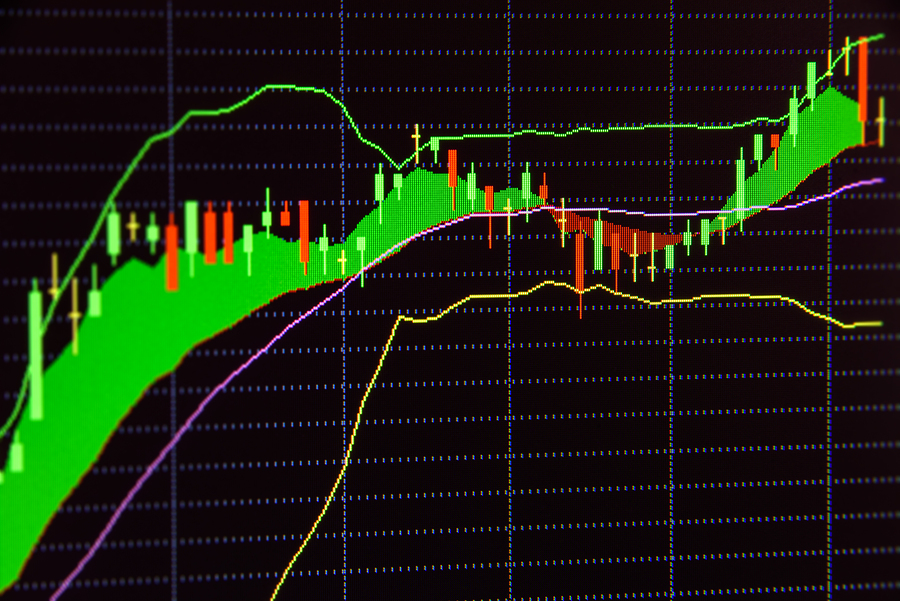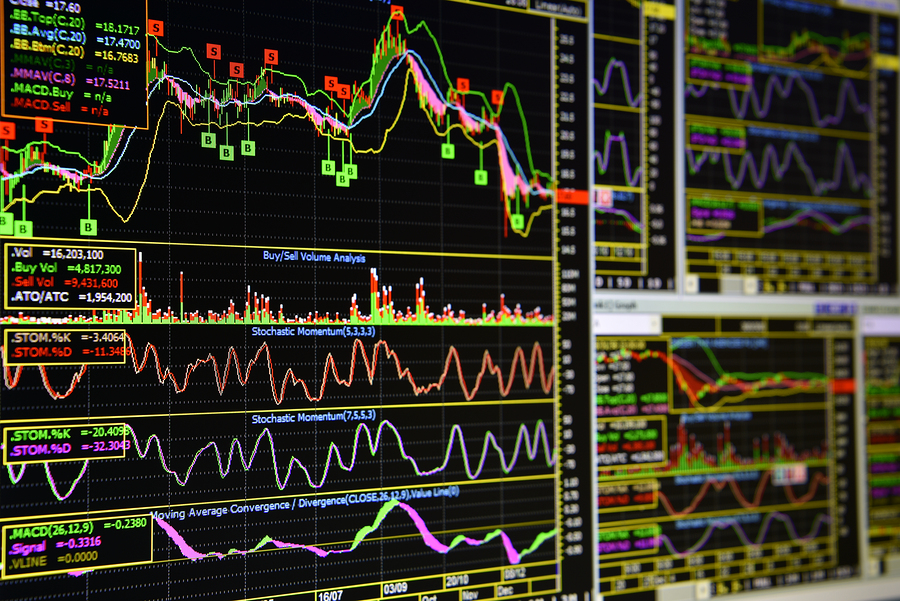
RTX Corporation (RTX)

RTX Bags a $5 Billion Missile Order. Is This The Solution to America's Drone Problem?
How much does the U.S. Army love its drones? Let me count the ways -- all $5 billion of them.

RTX Corporation: A Safe Defense Name To Park Money
RTX Corporation is a buy, in my opinion, for exposure to defense and commercial aerospace, backed by a record $236 billion backlog and recent contract wins. 2Q25 earnings beat expectations with 9% sales growth and strong aftermarket demand, though full-year EPS guidance was lowered due to tariffs and tax legislation. RTX secured nearly $1.7 billion in new defense contracts, reinforcing its diversified portfolio and long-term revenue visibility despite global peace prospects.

Is Trending Stock RTX Corporation (RTX) a Buy Now?
Zacks.com users have recently been watching RTX (RTX) quite a bit. Thus, it is worth knowing the facts that could determine the stock's prospects.

RTX's Raytheon Unit Secures a $579M Contract to Aid Stinger Missile
Raytheon lands a $578.6M Army contract for Stinger missiles, underscoring RTX's role in meeting strong global missile defense demand.

Pentagon awards Raytheon $5 billion contract for Coyote missile system
The Pentagon said on Monday that it has awarded a $5.04 billion U.S. Army contract to Raytheon for its Coyote missile system.

RTX Wins a Contract for F135 Propulsion System in Support of F-35 Jets
RTX secures a $60M deal to supply F135 propulsion systems for F-35 jets, supporting U.S. forces and global partners through 2027.

RTX vs. General Dynamics: Which Defense Stock Offers More Upside?
RTX and GD gain from rising defense budgets and commercial aerospace growth, supported by solid liquidity and cash flow.

Wall Street Analysts See RTX (RTX) as a Buy: Should You Invest?
The recommendations of Wall Street analysts are often relied on by investors when deciding whether to buy, sell, or hold a stock. Media reports about these brokerage-firm-employed (or sell-side) analysts changing their ratings often affect a stock's price.

RTX Corporation (RTX) is Attracting Investor Attention: Here is What You Should Know
Recently, Zacks.com users have been paying close attention to RTX (RTX). This makes it worthwhile to examine what the stock has in store.

RTX's Commercial Aftermarket Liftoff: Can It Overcome Tariff Gravity?
RTX's commercial aftermarket is soaring with double-digit sales growth, but heightened import tariffs threaten to weigh on profits.

RTX vs Lockheed Martin: Which Defense Stock Is the Stronger Player Now?
RTX's commercial gains contrast with Lockheed's defense strength, but liquidity and valuation shape which stock looks stronger now.

Is It Worth Investing in RTX (RTX) Based on Wall Street's Bullish Views?
The recommendations of Wall Street analysts are often relied on by investors when deciding whether to buy, sell, or hold a stock. Media reports about these brokerage-firm-employed (or sell-side) analysts changing their ratings often affect a stock's price.







